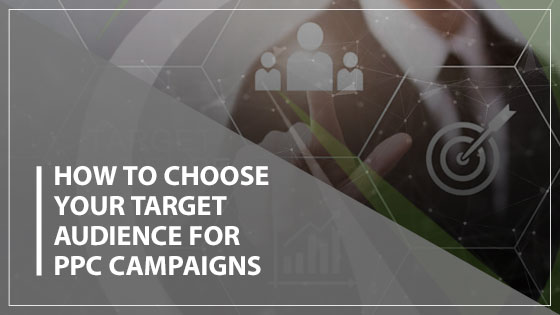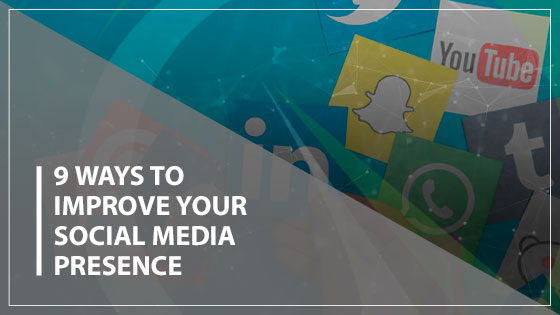As it is with most digital marketing, your PPC campaign is only as good as the audiences you’re reaching; if the wrong people (or just not enough of the right people) are seeing your ads, it won’t matter how great your ad content or messaging is. You’ve got to reach targeted audiences efficiently and effectively. That used to be done entirely with keyword targeting, and keyword targeting does still very much have a role in audience targeting today. But where providing Google with a list of keywords is certainly one way to reach the right people, it’s definitely not the only one (and it comes with some drawbacks). Here’s what to know about keyword targeting, and what else you need to know about choosing your target audience for PPC campaigns.
Keyword targeting: the pros and the cons.
Keyword targeting is quite simple: you supply a list of SEO keywords and key phrases to Google Ads (or whatever ad platform you’re using) and your ad will float to the top of search engine results when those keywords or key phrases are used in searches. It’s about as straight-forward as audience targeting can get, with one major caveat: your keywords assume a certain intent, and it’s hard to know that the audiences you’re targeting have that intent.
For example, if your business provides digital solutions to mortgage lenders, and you rely on keywords like “mortgage lending digital technologies,” or “home loan application digital platforms,” you very well might be reaching lenders who are searching for digital solutions. But you ALSO might be reaching borrowers who are searching for lenders that use digital platforms, and unfortunately, there’s really no way for you to predict if that intent will be misinterpreted. This is the primary pitfall of keyword-based audience targeting, and one reason why it shouldn’t be your only targeting strategy.

Target by topic.
One easy way to side-step this issue is to cast a very wide net with audience targeting by topic. Here, you’ll choose a topic from a list supplied by Google Ads (topics range from health and wellness to finance to motorcycle maintenance… and everything in between). Websites and applications that fall under your selected topic areas will qualify to display your ads: it’s that simple. This is a very wide net to cast, and in the case of our mortgage lending digital platform solution vendor, you very well could end up on websites that borrowers are looking for, rather than lenders. But most certainly, you’ll land on the websites that lenders are seeking out (so you know at least that you won’t miss the people you don’t want to miss).
Target by audience (especially those that are “in-market”).
“In-market” audience targeting is a bit like topic targeting: Google will have predetermined groups of users (based on search histories and other demographic attributes) that are likely to be “in the market” for your product or service, and will send ads to the sites or apps that those users are visiting.
Target by Placement.
Targeting audiences by placement is a very literal way of telling Google Ads where your ads should appear – and for whom. If you’re already aware of the sites your visitors are using, you can identify these locations on the Google Display Network or even on sites like Youtube to ensure your ads appear there. This comes in handy if there are websites with whom your business partners, or vendors that your prospective clients are already likely using. If a host of prospective clients are likely to visit a convention this fall, you could use audience targeting by placement to tell Google to place your ads on the convention website, for example.
You can remarket.
A remarketing strategy is like a second chance at reeling in the ones that got away. You can identify for Google any audiences who may have clicked on or interacted with your ads previously, but then took no other action from there. Remarketing campaigns are a great place to offer promotions or incentives or to try out new content (you didn’t quite catch these folks the first time, but a new angle or juicy incentive could clinch the deal).
Finally, you can enlist an expert to help you out.
Audience targeting is both an art and a science, and if the tried-and-true methods don’t seem to be working to get the audiences you want, it might be time to call in an artist. The digital marketing gurus at Gauge Digital Media understand the fine details that make a PPC campaign truly powerful, and they’re here to help. Give us a call at (443) 376-7709 if your PPC campaign isn’t reaching the right people, and we’ll help get you there.







